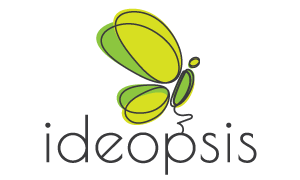
Introduction to Agro-PV Systems: Technical, Economic, and Regulatory Aspects (Hybrid)
A Must-Attend Training on Agro-PV Systems
Agro-PV (agrivoltaics) is one of the most dynamic, innovative fields in green growth—combining agricultural production and renewable energy generation on the same land. This dual use promotes energy self-sufficiency, boosts farm income, lowers cultivation costs, and supports climate-change adaptation.
Across Europe, Agro-PV is being actively encouraged as a pathway to sustainability, rural resilience, and the energy transition. The Common Agricultural Policy and the European Green Deal both support the adoption of such solutions—making professional training in this area especially timely and valuable.
What the Training Covers
- System design and installation of Agro-PV
- Integrated management of energy production and crops
- Techno-economic and environmental assessment of projects
Who Should Attend
Farmers, energy and electrical engineers, environmental professionals, investors, and local government officials seeking the knowledge to evaluate, design, and implement successful, sustainable Agro-PV projects.
Why It Matters Now
With agriculture under pressure from climate change and the energy crisis, Agro-PV training is a crucial step toward a more modern, resilient sector. By bringing together farmers, engineers, investors, and policymakers, this multidisciplinary program fosters collaboration and advances a new, integrated, and sustainable model of agricultural and energy development.
The important takeaways from the seminar are:
- The seminar presents the basic principles of design and operation of Agro-PV systems, the technical specifications of photovoltaic installations in agricultural environments, as well as the requirements for planting and managing crops under shade. In addition, modern cost-benefit analysis methods are taught so that participants can accurately assess the economic and environmental performance of such investments.
- The seminar covers the available financial and institutional tools, presents good practices from Europe and internationally, and analyses how projects can be integrated into support programs such as the Recovery and Resilience Fund and the Common Agricultural Policy.
Seminar cost €300 | HRDA subsidy €140 | Net cost €160
The seminar is subsidised by Human Resource Development Authority of Cyprus (HRDA).
Ermis HRDA Code 594920



